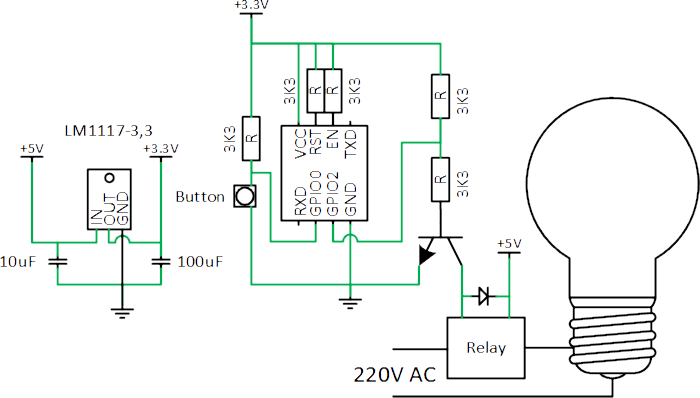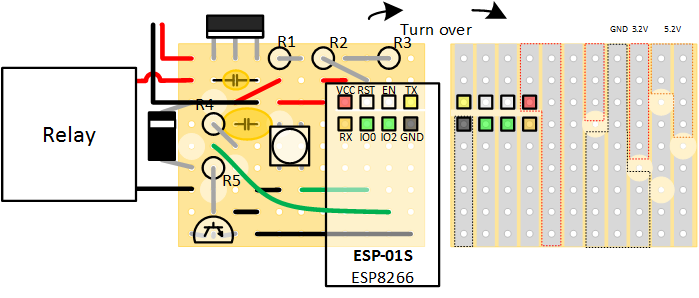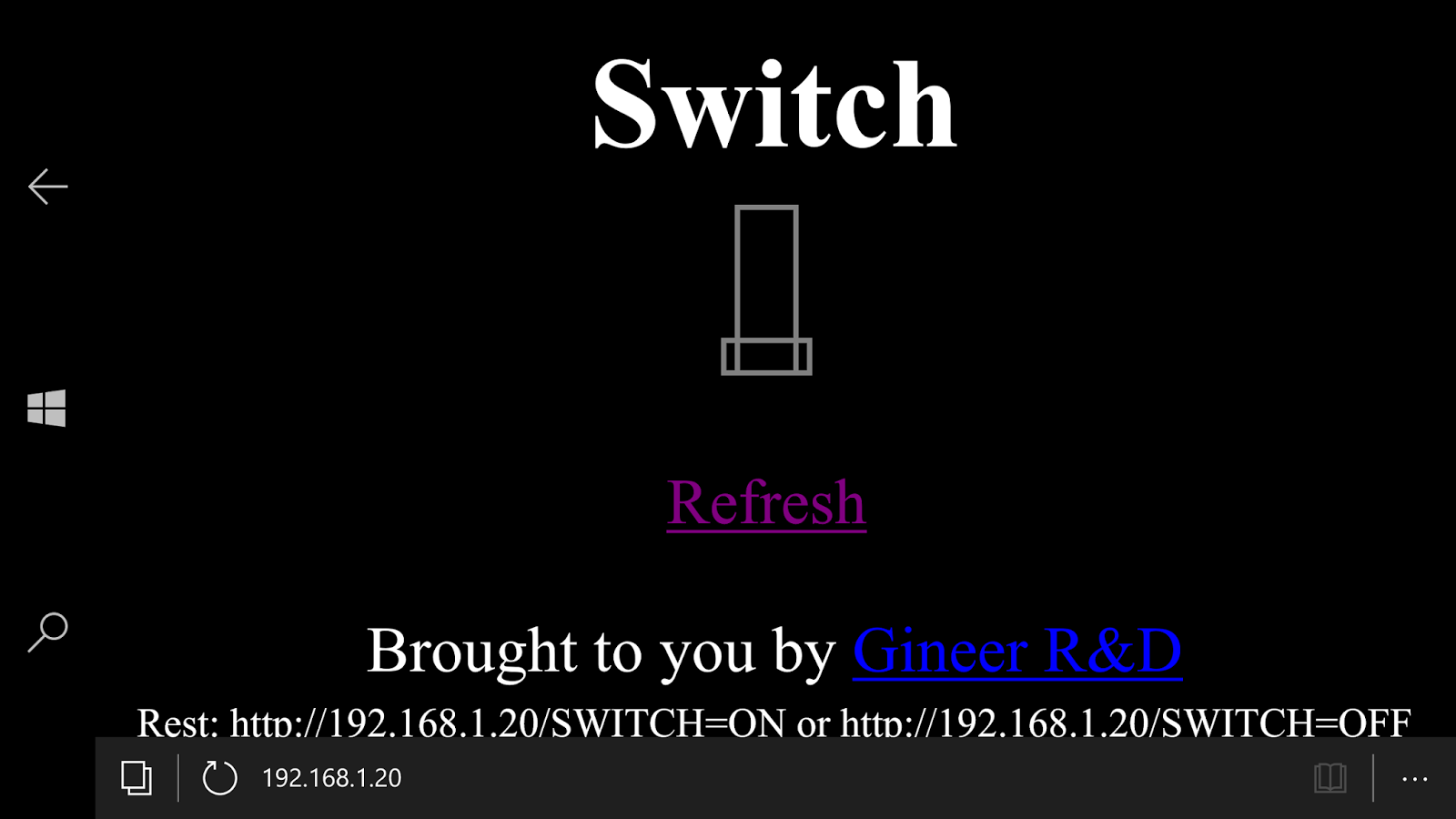The simplest remote control outlets typically use a digitally coded radio signal from a dedicated remote operating at 433 MHz or a similar unlicensed locally appropriate frequency band.
These systems typically have no real security, and make only moderate efforts to avoid false triggering from interfering signal, however their digital nature tends to mean that it would take a quite similar transmission to false trigger them - probably a remote from the same series of product, even if sold under a different brand or role (for example outlet and light socket form factor products may actually be the same internally, and the same design may wear many different brand names and plastic housings)
On the plus side, they're cheap, "boot" instantly, respond quickly, and you largely avoid all the "network down", "server down" and "long distance attack" possibilities - though a mischievous teenager can buy a matching remote, hide in a closet, and turn off the lights in the middle of services.
Should you later decide you want to create a more networked setup, play with voice assistants, etc, there are hubs available which can talk to these as well.


